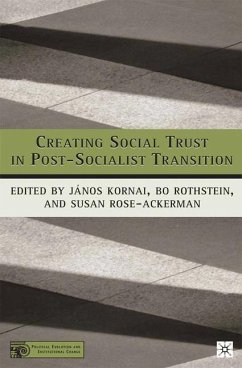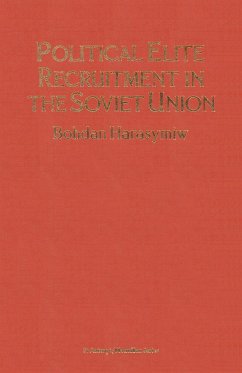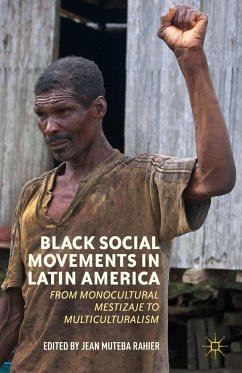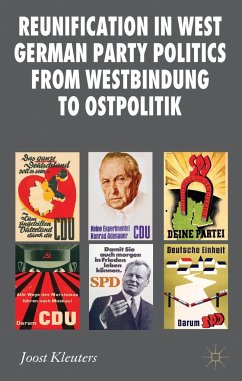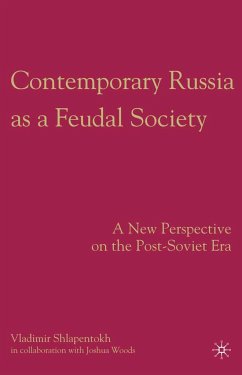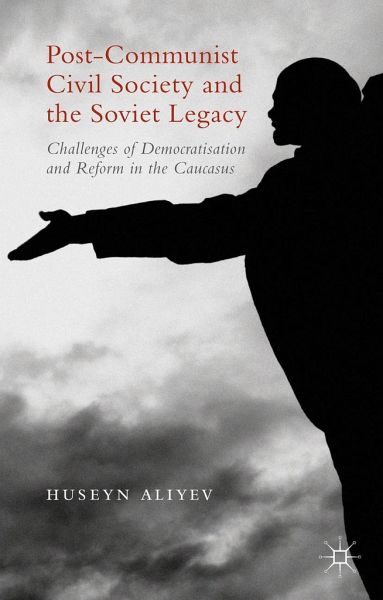
Post-Communist Civil Society and the Soviet Legacy
Challenges of Democratisation and Reform in the Caucasus

PAYBACK Punkte
19 °P sammeln!
This book argues that the weakness of civil society in the post-Soviet Caucasus is a result not only of post-communist political and economic problems, but also of the effects of historical legacies. These influence both formal and informal civil societies and weaken the countries' ability to facilitate democratisation.





